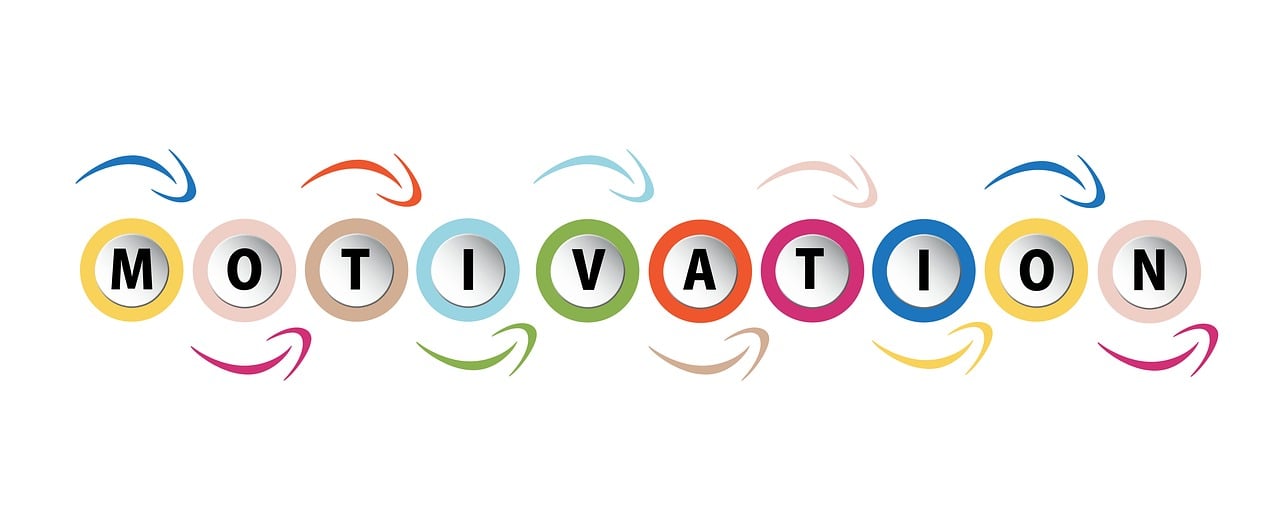How do students’ (e.g. background, achievements, and socioemotional experience) and instructional factors (e.g. instructional technology) influence the motivation of students to succeed academically? Jansen et al. (2022) sought to examine the associations of both student and instructional factors and their comparative strengths to understand student motivation. There are four main questions that the research team aims to solve:
- What is the relative strength of the relations of student characteristics and instructional variables to academic motivation?
- What is the relative strength of the relations of student characteristics, achievement, socioemotional variables, and background variables to academic motivation?
- What is the relative strength of the relations of teacher variables, interventions, and technology to academic motivation?
- Lastly, what are the methodological strengths and weaknesses of meta-analyses in the field of variables associated with academic motivation?
The researchers collected relevant published and unpublished meta-analyses focusing on K-12 populations from databases such as ERIC, PsycARTICLES, and PSYNDEX. In order to narrow the search for articles related to current research, the researchers used keywords such as interest, encourage, meta-analysis, avoidance goal, and mastery goal. After finding the necessary articles, the researchers performed a cross-reference check of all the meta-analyses to find further relevant meta-analyses. In total, the team used 125 meta-analyses in order to capture the diverse variables associated with academic motivation, including achievement (grades and test results), socioemotional factors (emotions and self-beliefs), and background (gender and race). These factors were paired with the instructional variables that included teacher and teaching, classroom interventions, and technology in data analyses.
For the first research question, the results of the meta-analyses suggested that the student and instructional factors had a medium effect on academic motivationIn particular, interventions with a focus on internal motivation are more effective than external ones in sustaining students’ motivation in academic studies. For the second question relating student variables to academic motivation, the researchers found that the effect sizes in the socioemotional and achievement factors were significantly larger than the mean effect size of the background variables. In other words, students’ self-esteem and test scores influenced their academic motivation more than the other factors. For the third research question that related instructional variables to academic motivation, the meta-analyses indicate that the teacher variables had strong associations with academic motivation and were significantly larger than those for interventions and technology variables. In other words, a teacher’s teaching method, experience level, and overall relationship with students have the largest impact on a student’s motivation.
This research study is crucial to understanding and enhancing students’ academic motivation. For example, parents can encourage their kids to persist when tackling a difficult math problem to nurture their self-esteem. Additionally, students can repeat motivational mantras (e.g. “I can solve this math problem”) to themselves when they are struggling to enhance their self-confidence. Teachers can alter their lessons and teaching methods to foster internal motivation in learning. EPIC’s research will continue to develop theories in motivation and help academic spaces find ways to best support students' learning environment. Specifically, EPIC can explore the correlation between academic motivation and persistence in students who are facing challenges in academic studies and how institutional variables may impact these associations.
If you want to learn more about Jansen et al.’s (2022) study, check it out at: https://psycnet.apa.org/fulltext/2022-61115-001.html
This post was written by Emma Hong.
Reference:
Jansen, T., Meyer, J., Wigfield, A., & Möller, J. (2022). Which student and instructional variables are most strongly related to academic motivation in K-12 education? A systematic review of meta-analyses. Psychological Bulletin, 148(1-2), 1.

